This article originally appeared in the CIA (e)Bulletin.
By Marc Tardif, FCIA
CIA President
We have been navigating uncharted waters for the past few weeks, and the ability of our society and institutions to adapt is being seriously tested. Fortunately, new communication technologies are allowing many organizations to stay afloat. Whether it be telecommuting, social media, or online training, the various communication tools at our fingertips allow us to discuss with our colleagues so we can further our collective thinking.
In the middle of this uncertainty is not the time to remain invisible. Actuaries have an important role to play in ensuring the financial security of Canadians. A few weeks ago, the CIA chose to take full advantage of technology and create virtual spaces for discussion so it could continue to support our members. Your reaction was immediate: within hours of making the announcement, the CIA had a few hundred registrations for its first-ever COVID-19 virtual town hall.
Food for thought
On April 3, I had the pleasure of hosting the CIA’s first virtual town hall on how COVID-19 is impacting the work of actuaries. For the French webcast, actuaries Bernard Morency, Benoît Miclette, and Michel St-Germain shared their analyses; for the English one, actuaries Steve Easson, Jason Malone, and Alison Rose shared their perspectives. If you were not able to attend the town hall, you can read about some of the highlights from our discussions below. I hope to give you a taste of the exciting conversations we will have during our upcoming virtual town halls.
Our first panelist, Bernard Morency, compared the current crisis with the 2008 financial crisis, which was more limited geographically speaking. Today, we are facing a health crisis that is causing a global economic crisis. Bernard also touched on several interesting points related to leadership in times of crisis, including the importance of sharing roles between an organization’s management team and its board of directors. He made a relevant analogy by comparing the organization to a ship in the middle of a storm, where the “captain is the CEO, the deck crew is the management team, and the board of directors is the lookout on the mast trying to see what is ahead and watching what is happening on deck.”
Panelists Benoît Miclette and Steve Easson spoke about life and health insurance products. Benoît shared several ideas about the impact of COVID-19 on these products, but he also mentioned that human behaviour is difficult to predict and invited participants to think about indicators to watch. He shared the experience that he noticed with health insurance products during the 2008 crisis when he worked in the United States. He feels that predictive modelling will play a big role in the next few months. Steve Easson highlighted the limited medical information available on COVID-19 and the difficulties this creates in assessing disability insurance claims.
Jason Malone and Michel St-Germain, our President-Elect, spoke about the numerous challenges faced by actuaries involved in pension plans. It’s possible that some plans will not survive, and pensions will therefore be reduced. Actuaries will be called upon to study the measures to be taken to manage these situations. According to Michel, the current crisis demonstrates, once again, the significant gap between defined contribution plans and defined benefit plans. Michel also mentioned that this is the fourth crisis he has seen since 2000. He believes that actuaries need to think about their projection models and the accuracy of these models so they can better account for potential crises. Jason put out a call to actuaries, asking them to find innovative approaches to support and better equip retirees as they reach the decumulation stage. Communication between actuaries and their clients is incredibly important.
As Chair of the Education and Qualification Council, our final panelist, Alison Rose spoke about deferred conferences, workshops, and exams, and the many actuarial organizations that have acted in response to COVID-19. The crisis has raised a number of issues, and Alison anticipates that we will have a great need for volunteers in the field of actuarial research.
Upcoming panels and COVID-19 Hub
Our first COVID-19 virtual town hall was an enriching experience. The panelists provided much food for thought, and the participants themselves contributed by asking many relevant questions. I invite you to listen to the recording (in French and in English) and attend the next virtual town halls in the coming weeks. The upcoming town halls will provide opportunities for more in-depth discussions on the impact of the crisis on specific areas: life and health insurance, property and casualty insurance, pension plans, and retirement planning.
Finally, I would like to direct you to another virtual space, the CIA’s COVID-19 Hub. During the crisis, the CIA invites its members to use the hub to share useful resources.
Even though many deadlines and events (such as act20) have been deferred and may be further affected throughout the year, I think that we have developed platforms to support us during the pandemic and stay on track. Actuaries are a reliable and objective source for insurers, pension plan administrators, policy makers, and the public. We have an important role to play in the current climate of uncertainty. More than ever, now is the time to contribute and show we are here.
Marc Tardif, FCIA, is President of the Canadian Institute of Actuaries.





